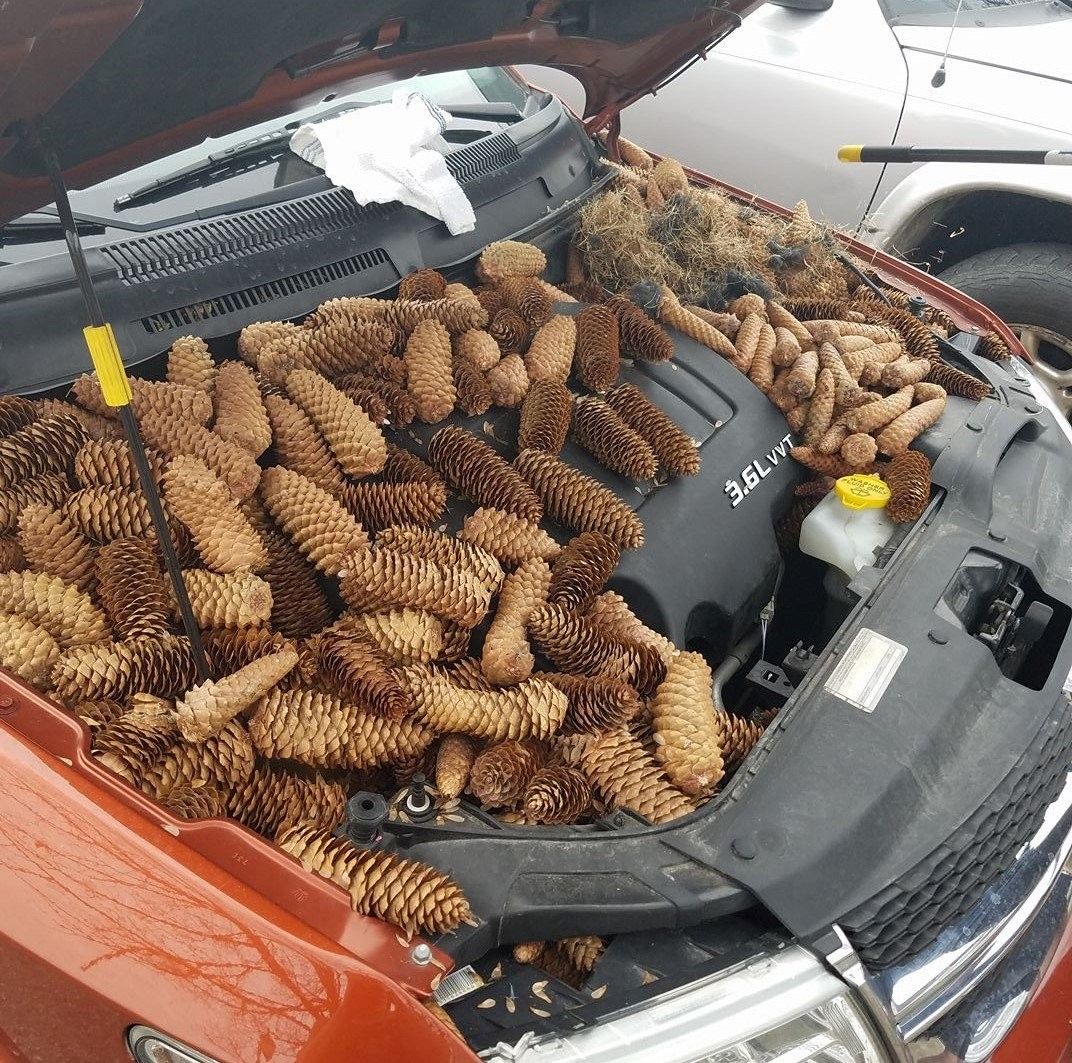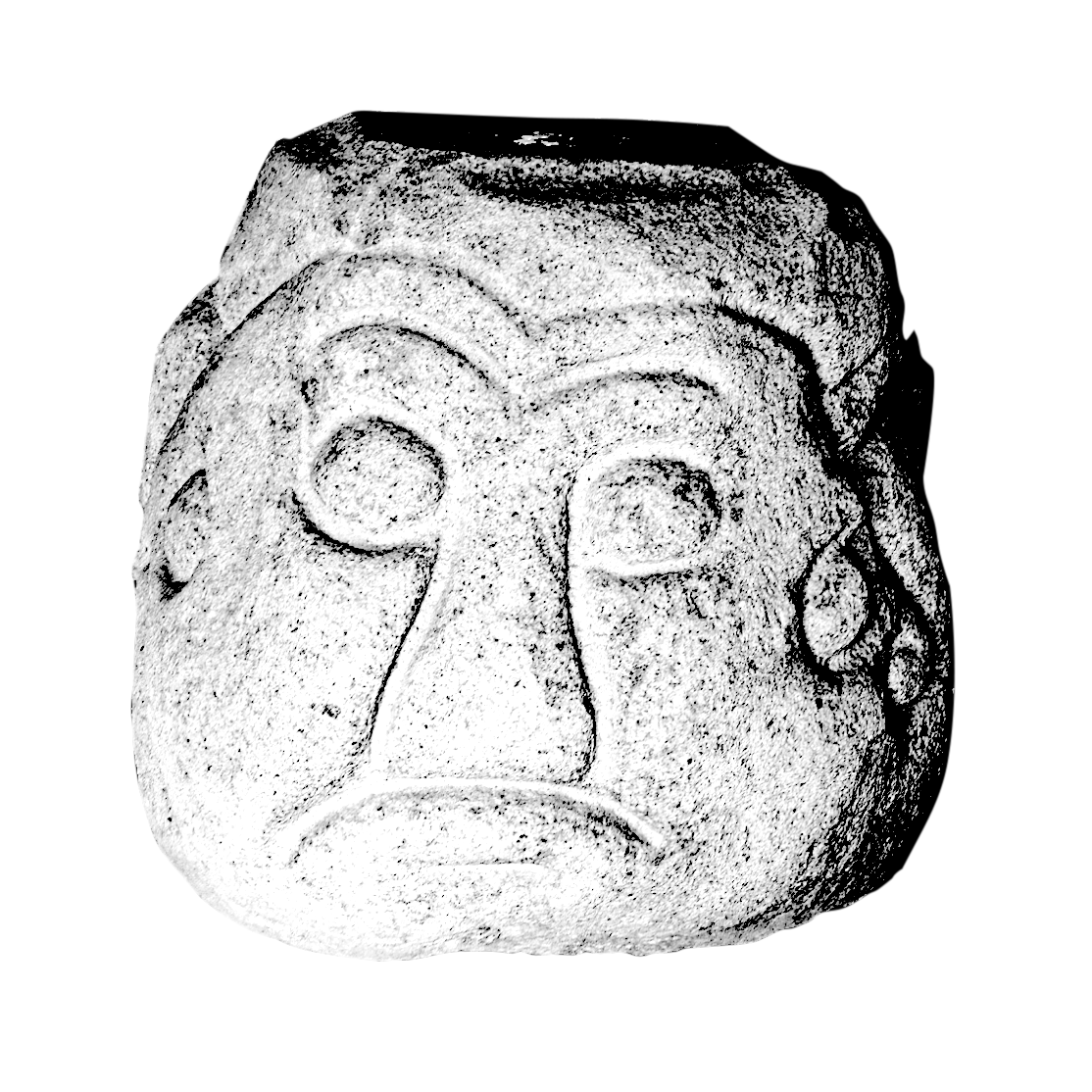RTRU
Curatorial Note

RTRU is committed to the expanding universe of technical images in contemporary art practice. Our central premise is that art and emerging media don’t pre-exist culture, but instead emerge from it. The feedback loop between media and its reception, between technics and culture, suggests a transductive relationship: bodies, images, technologies, and aesthetic modes merge in relation to and co-determine one another. It is only through engagements with and mediations of contemporary culture that we can effectively investigate and observe the technoculture that augments and shapes our world. We value and hope to display artwork and writing that is invested in the sub-perceptual effects that result from the contemporary regime of images.
By revealing novel ways art and technology affect one another, RTRU critiques the contemporary framing of emerging media/technology as entirely aligned with an economy of representation, and pushes back against the notion that born-digital art, NFTs, and Web 3.0 are de-facto emancipatory technologies. We situate emerging media in pre-histories that are recognizable, rather than as the unique products of contemporary transformations.
By invitation only, RTRU commissions and gathers materials from culture workers—artists, curators, writers—that present multifaceted engagements with current theoretical trends while also questioning the hegemony of techno-positivist paradigms. RTRU is looking for something in present modes of visualization that are functions or signs of things to come—evidence of the ways we are starting to see ourselves more dynamically. Furthermore, RTRU emphasizes a focus on the particular localities of Riga, Latvia, the Baltics, and New York City, US, as well as the historical and cultural perspectives immanent to them.
Published on a seasonal basis, RTRU will take on a different theme that will guide the work commissioned for each iteration. At RTRU, rigorous, thought-provoking and decidedly niche content manifests as an educational depository. Though the name of the site denotes a possible connection to an existing technical university, it is more likely to occupy an informal, elective, and “passive” pedagogical model.
RTRU’s look-body is created, designed, and programmed by Becca Abbe. Not only does it reveal the inner workings of its indexically-designed, web-based framework, but through its grid-based guiding structure, further activates the thematic arc conducted by our contributors, giving us a chance to peer “from behind.”
RTRU pievēršas arvien augošajam tehnisko attēlu Visumam laikmetīgās mākslas prakses ietvaros. Mūsu galvenā premisa – māksla un jaunie mediji rodas no kultūras, nevis atsevišķi no tās. Atgriezeniskā saite starp medijiem un to, kā tos uztver, starp tehniku un kultūru liecina par transduktīvām attiecībām: ķermeņi, attēli, tehnoloģijas un estētikas veidi rodas savstarpējā saistībā un nosaka cits citu. Tikai pievēršoties laikmetīgajai kultūrai un tās pastarpinājuma veidiem, ir iespējams efektīvi izpētīt un aplūkot tehnokultūru, kas paplašina un veido mūsu pasauli. Mēs augstu vērtējam un ceram parādīt tādu mākslu un tekstus, kas padziļināti pēta ikdienā neuztveramos efektus, kuri izriet no mūsdienīgās attēlu funkcijas.
Atklājot jaunus veidus, kādos mijiedarbojas tehnoloģijas un māksla, RTRU vētī pašlaik aktuālo ietvaru, kurā jaunie mediji/tehnoloģijas uzlūkoti tā, it kā būtu neapšaubāmi reprezentatīvi, kā arī noraida priekšstatu, ka digitālajā vidē izcēlusies māksla, NFT un Web 3.0 ir de facto emancipējošas tehnoloģijas. Mēs ievietojam jaunos medijus atpazīstamās priekšvēsturēs, neuzskatot tos par unikālas, laikmetīgas transformācijas produktiem.
RTRU īpaši pasūtina un ievāc materiālus, personīgi uzrunājot kultūras darbiniekus – māksliniekus, kuratorus un rakstniekus –, kuru darbos atspoguļojas daudzpusīga pievēršanās laikmetīgām teorētiskām tendencēm un tehnopozitīvisma paradigmu hegemonijas apšaubīšana. RTRU meklē to, kas izriet no vai norāda uz nākotnē gaidāmo – apliecinājumu tam, ka sākam paši sevi uzlūkot dinamiskāk. Turklāt RTRU īpaši koncentrējas uz konkrētām Rīgas, Latvijas, Baltijas, kā arī Ņujorkas un ASV vietām un vēstures un kultūras perspektīvām, kas tām raksturīgas.
RTRU ir iecerēts kā neregulāri-sezonāli atjaunots izdevums, un katra gadalaika saturu nosaka jauns temats. RTRU rūpīgi veidotais, domu rosinošais un precīzais saturs vienlaikus ir izglītības materiālu krātuve. Vietnes nosaukums norāda uz iespējamu saistību ar reālu tehnisko universitāti, un tā, visticamāk, darbosies, izmantojot neformālu, fakultatīvu, pasīvu pedagoģijas modeli.
RTRU dizainere un programmētāja Beka Abe (Becca Abbe). Vietnes noformējumā redzams, ka tā veidota pēc alfabētiskā rādītāja parauga, savukārt režģī balstītā saskarnes struktūra rada iespaidu par skatīšanos “no aizkulisēm”, kas vēl lielākā mērā izceļ mūsu satura veidotāju tematisko lauku.

Yours,
RTRU
Jūsu,
RTRU
ELIZAVETA SHNEYDERMAN is a Belarusian-American curator, researcher and publisher. Shneyderman’s interdisciplinary research focuses on the history and philosophy of media materialities and the techniques that emerge from them, including their influence on contemporary visual culture. Her essays on contemporary art and visual culture have been published in Artforum, Animation Studies Journal, BOMB Magazine, The Brooklyn Rail, PIN-UP Magazine, and Rhizome, among others. Shneyderman has previously held curatorial positions and contributed research to exhibitions at the Hessel Museum of Art, Smack Mellon, EMPAC, PARTICIPANT INC, Hunter East Harlem Gallery Kunsthalle.Ost, and Mana Contemporary. She holds an M.A. in Curatorial Studies from Bard College and is currently Adjunct Professor of Art History at the Rhode Island School of Design. She is a psychoanalyst in formation at Pulsion: The International Institute of Psychoanalysis and Psychoanalytic Psychosomatics.
ZANE ONCKULE is Curator and Programme Director at Kim? Contemporary Art Centre in Riga (2010-2017 and from 2020). She was co-commissioner of the Baltic Triennial 13 (2018) and co-commissioner of the Latvian Pavilion at the 55th Venice Biennale (2013). She has curated exhibitions internationally, including at Kim? Contemporary Art Centre, Riga; Art in General, New York; Hessel Museum of Art, NY; CareOf, Milan; Garage Museum of Contemporary Art, Moscow. She holds a BA from the Banking Institution of Higher Education in Latvia (2004) and an MA from the Center for Curatorial Studies at Bard College, NY (2019). Onckule’s writing and reviews have appeared in Artforum, MoMA Post, Art Monthly, Echogonewrong.com, Kultūras Diena, Arterritory.com, and Foto Kvartāls, among others.
BECCA ABBE is a graphic designer and programmer based in New York.
Elizaveta Šneidermane ir Ņujorkā dzīvojoša baltkrievu izcelsmes amerikāņu kuratore, pētniece un izdevēja, kura darbojas laikmetīgās mākslas un mediju studiju laukā. Viņas starpdisciplinārā pētniecība pievēršas mediju materialitāšu vēsturei un filozofijai, un no tām izrietošajām tehnikām, tostarp to ietekmei uz miesiskumu digitālo attēlu laikmetā. Elizavetas esejas par laikmetīgo mākslu un vizuālo kultūru ir publicētas Artforum, Animation Studies Journal, BOMB Magazine, The Brooklyn Rail, Rhizome un citviet.
Zane Onckule ir kuratore un Kim? Laikmetīgās mākslas centra programmas direktore (2010–2017, kā arī kopš 2020). Viņa ir bijusi 13. Baltijas triennāles (2018) līdzkomisāre un Latvijas paviljona līdzkomisāre 55. Venēcijas biennālē (2013). Kūrējusi izstādes starptautiski, to vidū: Kim? Laikmetīgās mākslas centrā, Rīga; Art in General, Ņujorka; Hesela mākslas muzejā, Ņujorka; CareOf, Milāna; Laikmetīgās mākslas muzejā “Garāža”, Maskava. 2004. gadā ieguvusi bakalaura grādu Banku augstskolā Latvijā un 2019. gadā ieguvusi maģistra grādu Kuratoriālo studiju centra programmā Bārda koledžā, Ņujorkā. Viņas raksti un recenzijas publicēti izdevumos Artforum, Art Monthly, MoMA Post, Arterritory, Exhogonewrong.com, “Kultūras Diena”, “Foto Kvartāls” un citos.
Beka Abe ir Ņujorkā dzīvojoša grafikas dizainere un programmētāja.